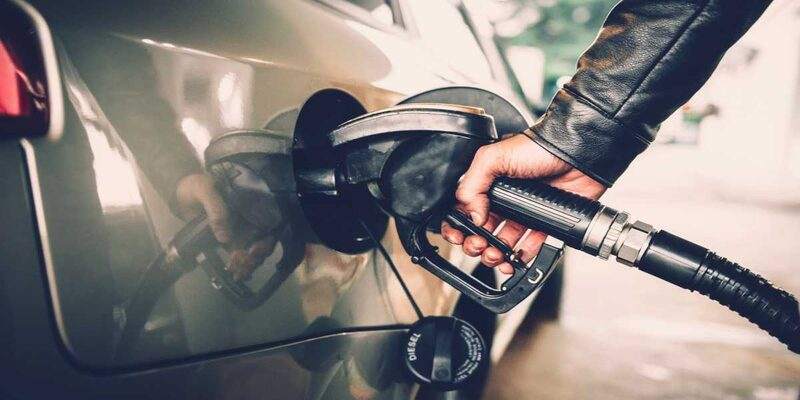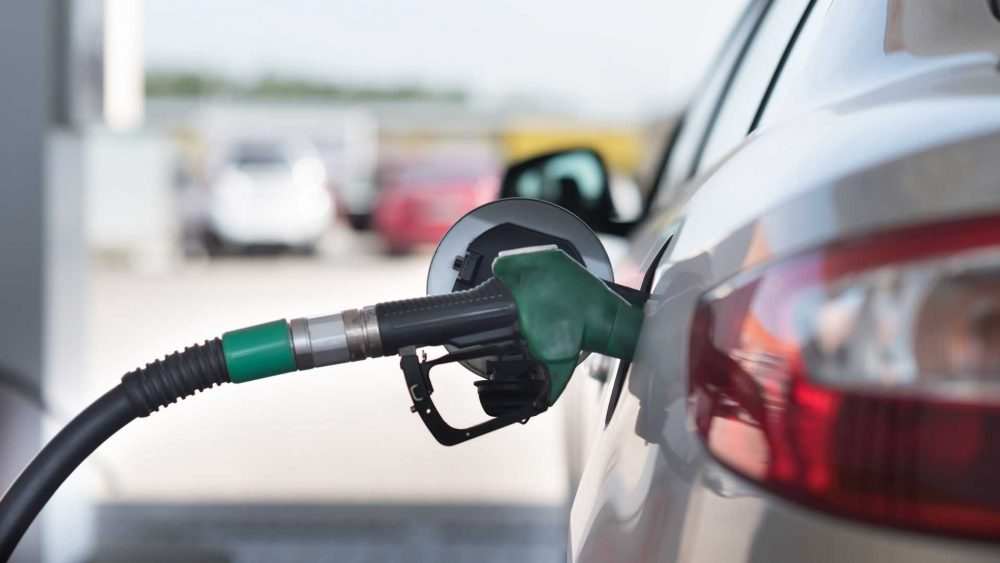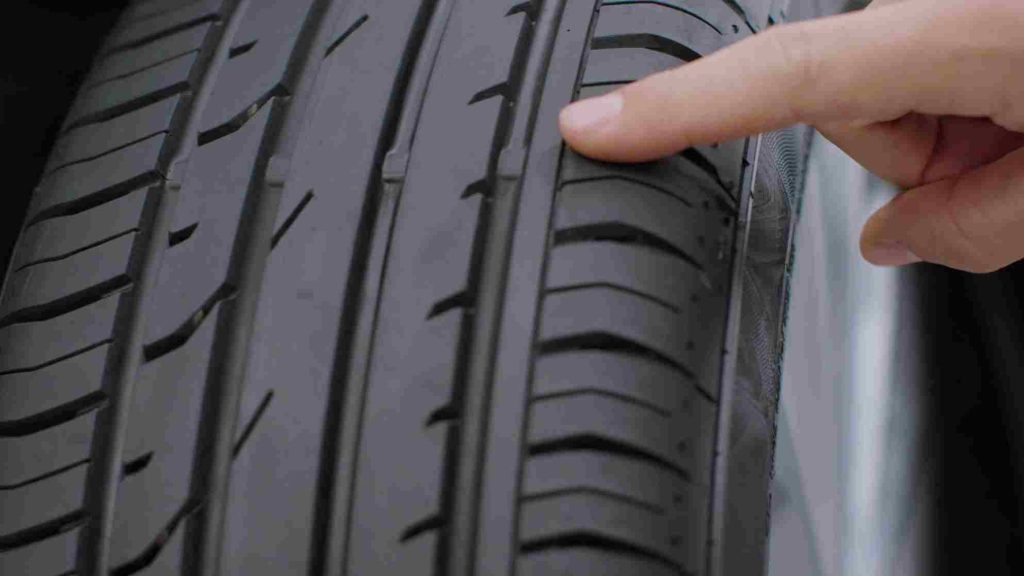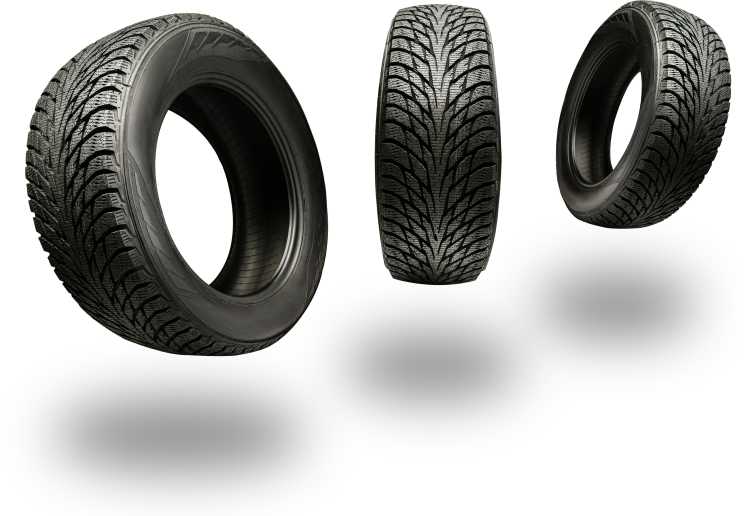Often you must have noticed that the fuel consumption of your vehicle has become too high. Then you would have tried to improve it in different ways but all your efforts must have failed. You don’t have to worry, there were some things you might have missed. The issues you might have worked on were also important, but car tyres also have a huge impact on fuel consumption.
High fuel consumption is not only bad for your wallet but also bad for the environment. It can cause unnecessary wear and tear on your vehicle, leading to costly repairs. Many factors, such as tyre pressure, tread, and type, can affect your car’s fuel economy. Overinflated or underinflated tyres can both lead to increased fuel consumption. Furthermore, selecting the wrong type of tyre for your driving style can lead to decreased fuel economy.
In this article, we will explore how tyres affect fuel consumption and provide you with preventative measures to optimize your vehicle’s fuel efficiency.
Tyre Factors that Affect Fuel Consumption
The following are some key tyre factors that impact a vehicle’s fuel consumption:
Tyre Pressure
Tyre pressure is an important factor which can disturb your vehicle’s fuel efficiency. Over-inflated tyres can lead to increased rolling resistance and reduced fuel economy.
While under-inflated tyres can decrease fuel economy and cause premature wear on the tyre treads. Therefore, it’s necessary to keep your tyres properly inflated to the manufacturer’s recommended pressure.
Rolling Resistance
Rolling resistance is the force that resists the motion of your vehicle’s tires as they move along the road. Tires with higher rolling resistance require more energy to move and it can decrease fuel efficiency. This is why tire manufacturers are constantly working to design tires with lower rolling resistance.
Tyre Tread
The amount of tread on a tyre can also have an impact on fuel economy. Tyres with less tread have less rolling resistance and use less fuel. However, it’s essential to balance this against safety considerations, as tyres with less tread also provide less grip on the road, particularly in wet conditions.
Tyre Type
The type of tyre you choose can also affect fuel economy. Low-rolling resistance tyres are designed to minimize the energy lost as the tyre rolls along the road, making them more fuel-efficient.
However, these tyres may have lower grip levels, particularly in wet conditions. So it’s important to select a tyre that balances fuel efficiency with safety considerations.
Does Using A New Tire Improve Fuel Efficiency
Using a new tire can offer several advantages in terms of fuel economy. New tires are typically better inflated which can reduce rolling resistance and improve fuel efficiency.
New tires have less wear and tear, which can lead to improved traction, handling and improving fuel economy. As tires wear down, their rolling resistance tends to increase. They make it more difficult for your vehicle to move and lead to increased fuel consumption.
This is why it’s important to regularly inspect your tires and replace them when necessary for good fuel efficiency. In fact, A research has shown that replacing old tires with new ones can improve fuel efficiency by up to 3%.
Preventative Measures for Optimal Fuel Efficiency
The following preventative measures for better fuel consumption:
Choose the Right Tyre
When selecting a tyre, consider your vehicle’s requirements and your driving style. If fuel economy is a primary concern, consider low-rolling resistance tyres. If safety is your priority then you can consider the tyre with a good balance of fuel efficiency and grip.
Maintain the Correct Tyre Pressure
Check your tyre pressure regularly. Adjust it as necessary to ensure it stays within the recommended range.
Keep Your Tyres Properly Aligned
Proper wheel alignment can help reduce rolling resistance and improve fuel economy.
Rotate Your Tyres Regularly
Rotating your tyres helps to ensure even wear and prolongs their lifespan. This can also help maintain budget-friendly fuel efficiency over the long term.
Conclusion
Tyres play a crucial role in determining how much fuel a vehicle consumes. By selecting the right type of tyre and maintaining it properly you can achieve significant fuel savings over time. Remember to consider factors such as tyre pressure, tread, and type when selecting tyres for your vehicle.
Take preventative measures to ensure optimal fuel efficiency. With these tips in mind, you can reduce your vehicle’s carbon footprint and save money on fuel costs. We hope this article will help you to save some fuel.
FAQs
Can larger tyres increase fuel consumption?
Larger tyres can increase fuel consumption as they have more rolling resistance than smaller tyres. Larger tyres also tend to be heavier which increases the vehicle’s weight and requires more fuel to move the vehicle.
How do winter tyres impact fuel consumption?
Winter tyres are designed to provide better grip in snowy and icy conditions. However, they can lead to increased fuel consumption as they have more aggressive treads and require more energy to move the vehicle. It’s recommended to switch back to standard tyres once the winter season is over.
Can driving style impact fuel consumption?
Aggressive acceleration, frequent braking, and high speeds can all increase fuel consumption. It’s important to adopt a fuel-efficient driving style to minimize fuel consumption.
Can tyre brand impact fuel consumption?
Tyre brands can impact fuel consumption. Some brands specialize in producing low-rolling resistance tyres which can result in significant fuel savings over time. It’s recommended to research different tyre brands and choose one that prioritizes fuel efficiency.
Can tyre age affect fuel consumption?
Tyre age can affect fuel consumption. As tyres age, their rolling resistance tends to increase, which can lead to decreased fuel economy. It’s recommended to replace tyres every six years, regardless of their tread depth.
Can tyre maintenance impact fuel consumption?
Yes, proper tyre maintenance can have a significant impact on fuel consumption. Regularly checking and maintaining tyre pressure, aligning wheels, and rotating tyres can all help improve fuel efficiency. It’s essential to follow the manufacturer’s recommended maintenance schedule to optimize fuel economy.



